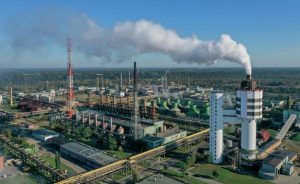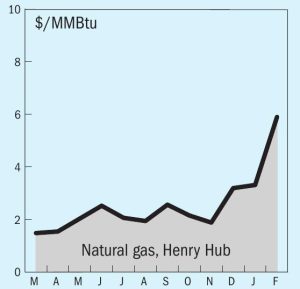ATOME says that it has signed a $465 million fixed-price, lump-sum engineering, procurement and construction contract with Casale for its 260,000 t/a green fertiliser plant at Villeta, Paraguay. ATOME believes that this is the first dedicated green fertiliser facility of this scale worldwide. The plant will use 100% renewable baseload power to generate hydrogen for ammonia to supply low carbon fertilizer for the Mercosur region. The project timeline is 38 months, with start-up and first ammonia production expected in 2028. Casale joins Yara, Hy24, AECOM, Natixis, IDB Invest and ANDE as partners to the project. In March ATOME signed non-binding heads of terms with Hy24’s managed Clean H2 Infra Fund for an up to $115 million investment in the project. A full definitive equity agreement is expected in Q2 2025, with final investment decision and full financial closure targeted by the end of the quarter. The full terms envisage a total funding for the project of approximately $625 million which includes not only the cost of construction but also financing, interest, transaction and supervision costs during the build period, with at least 60% coming from debt finance with the balance represented by project equity. ATOME says that negotiations on the definitive full offtake agreement with Yara International are “proceeding well”, with senior Yara representatives having had a successful visit to Paraguay at the end of January. It is anticipated that the definitive agreement will be signed by early Q2 2025, subject to necessary approvals.







